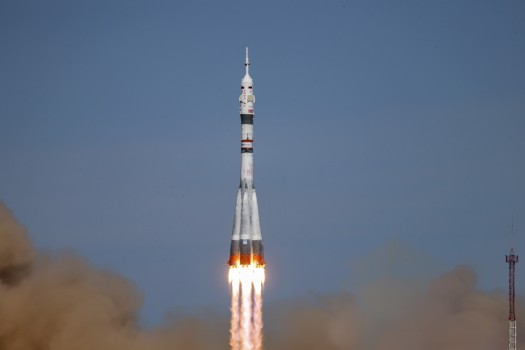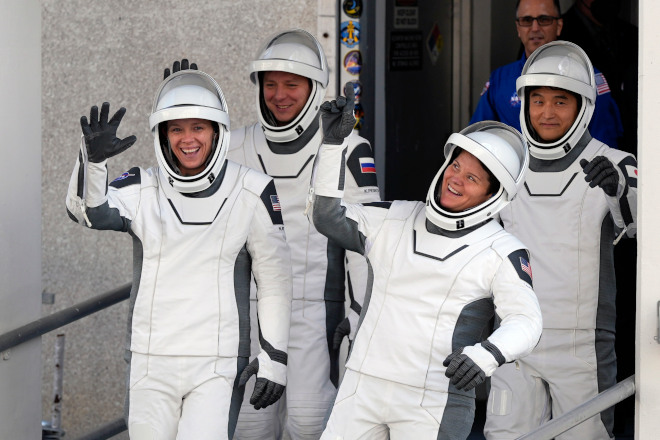
A NASA photo.
WASHINGTON (AFP): The United States will scale back Mars exploration under a proposed budget by President Barack Obama that has some scientists fuming over the risk of a NASA brain-drain.
The plan kills a deal between the US and European space agencies to cooperate on Mars robotic rover missions in 2016 and 2018, with a view to preparing to return samples from the red planet in the next decade.
NASA administrator Charles Bolden admitted that "tough choices" had to be made in axing the European deal, but vowed to restructure the Mars programme so that future robotics mission could potentially be revisited in 2018-2020.
"This means we will not be moving forward with the planned 2016 and 2018 ExoMars mission that we have been exploring with the European Space Agency," Bolden said.
The fiscal 2013 budget released Monday, which is unlikely to face a vote in Congress while Obama seeks re-election, called for a USD 226 million reduction, or a near 39 per cent cut in the US space agency's Mars exploration program from USD 587 million to USD 361 million.
Meanwhile, it funds other big projects such as the James Webb Space Telescope and a new heavy-lift rocket to propel an eventual deep space mission to an asteroid, and provides seed money for private companies seeking to replace the space shuttle which was retired last year.
The overall proposal is to give NASA USD 17.7 billion, a decrease of 0.3 per cent or USD 59 million less than 2012.
"It is a real scientific tragedy and I personally believe it is a national embarrassment," G Scott Hubbard, a Stanford University professor who served as the first NASA Mars program director, told AFP.
"Here we had one of the most successful NASA programs of the last decade and it is being effectively turned off."
Obama's budget pointed to the successful launch last year of the Mars Science Laboratory, also known as Curiosity, the biggest and most advanced rover ever built which should land in August, as it called for reduced support for new robotic projects.
"It is sad for science," said Pascale Ehrenfreund, research professor of Space Policy at George Washington University.
 Previous Article
Previous Article Next Article
Next Article













The Indian Air Force, in its flight trials evaluation report submitted before the Defence Ministry l..
view articleAn insight into the Medium Multi-Role Combat Aircraft competition...
view articleSky enthusiasts can now spot the International Space Station (ISS) commanded by Indian-American astr..
view article